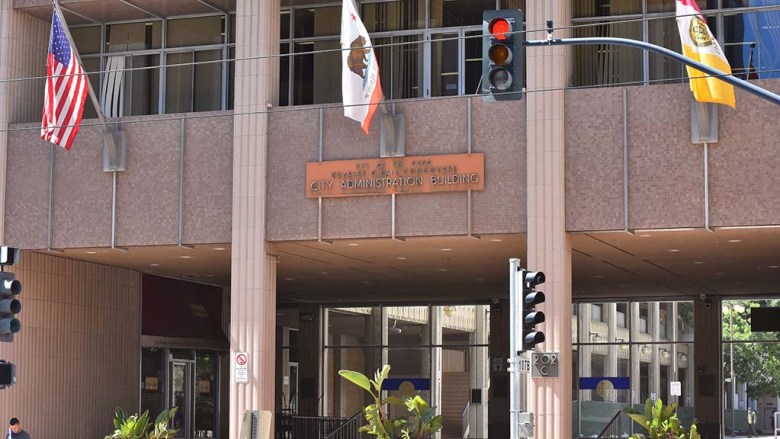
To make the home building process more efficient and housing more affordable, San Diego should consider reverting back to a “council-manager” system of governance and ditch the current “strong mayor” system. This change could potentially streamline city operations through professional management — something that the city critically needs.
San Diego faces a significant housing shortfall, with an estimated deficit of around 90,000 homes needed to meet regional demand, according to Ray Major, the chief economist at the San Diego Association of Governments. This gap in housing supply has emerged because the region has not kept pace with its job and population growth.
The city’s 2023 housing report indicates that to meet the state’s annual housing needs, San Diego would need to triple its current rate of housing production. Interestingly, the decline in home building began around 2006, coinciding with the city’s switch from a “council-manager” system of government to a “strong mayor” system.
San Diego is the only city in the region that that operates under a strong mayor form of governance. The other 17 cities in the county generally follow a council-manager form of government, where the city council appoints a city manager to oversee administrative operations.
San Diego transitioned to a strong mayor form of government on Jan. 1, 2006, following a voter-approved change. This change was part of a five-year trial period. This system was made permanent in June 2010 after San Diego voters approved Proposition D, which solidified the strong mayor system beyond the trial period.
A “strong mayor” form of government means the mayor also acts as the chief executive officer of the city, having significant administrative and executive powers, such as veto authority over council decisions and control over the city budget and staff. Under the “council-manager” system of government the mayor typically has a role similar to that of a council member, with some ceremonial duties and possibly some additional powers like presiding over council meetings and other official functions. It is clear that the current system of government is not working when it comes to making homes and rents affordable in San Diego.
Since the shift in government San Diego has not been able to keep up with housing demands. Building permits fees have skyrocketed to a point where it is almost impossible to build affordable housing. High permit fees are just one factor leading to the astronomical costs to build. Other reasons such as inflation, labor costs, and increases in building materials are also significant factors that raise the price to construct new homes.
Government has little or no control over these things. However, local government has the ability to manage regulatory costs that account for 34% and 51% of the average cost of building housing.
San Diego has made efforts to accelerate approvals of new housing and other projects, but the city increased developer fees to do so. The increases are to cover additional city workers, new technology and other efforts. Under the changes, the permit cost for a 500-square-foot ADU rose from $1,484 to $2,885. For a 3,000-square-foot house, the fee increased from $4,925 to $6,640.
The new fee structure also shifts to a per-hour formula. The city will now charge an applicant $145 per hour for staff time. These fees may speed up the permitting process but will do little to make homes more affordable.
There is no single solution to tackling the affordable housing and rental crisis in San Diego, and we will most likely need a multifaceted approach to increase the number and affordability of homes. Therefore, we must encourage our elected officials to take a second look at how government is currently being run in San Diego and consider reverting back to a council-manager system of governance as the strong mayor system has not delivered the results we had hoped for. With proper professional oversight a city manager could help streamline the building permit process using things such as AI technology or privatize building permitting to speed up the process as they did in Arizona.
The mayor’s role should be that of a visionary leader, someone who thinks outside conventional boundaries and is not afraid to take risks to achieve San Diego’s housing goals. The city manager’s goal is to help make the mayor’s vision a reality in a cost-effective way. Having a professional city manager to oversee and run the administrative operations may make local government more efficient and potentially help to make housing more affordable in San Diego.
Mark Powell is a licensed California real estate broker and former vice-president of the San Diego County Board of Education.

